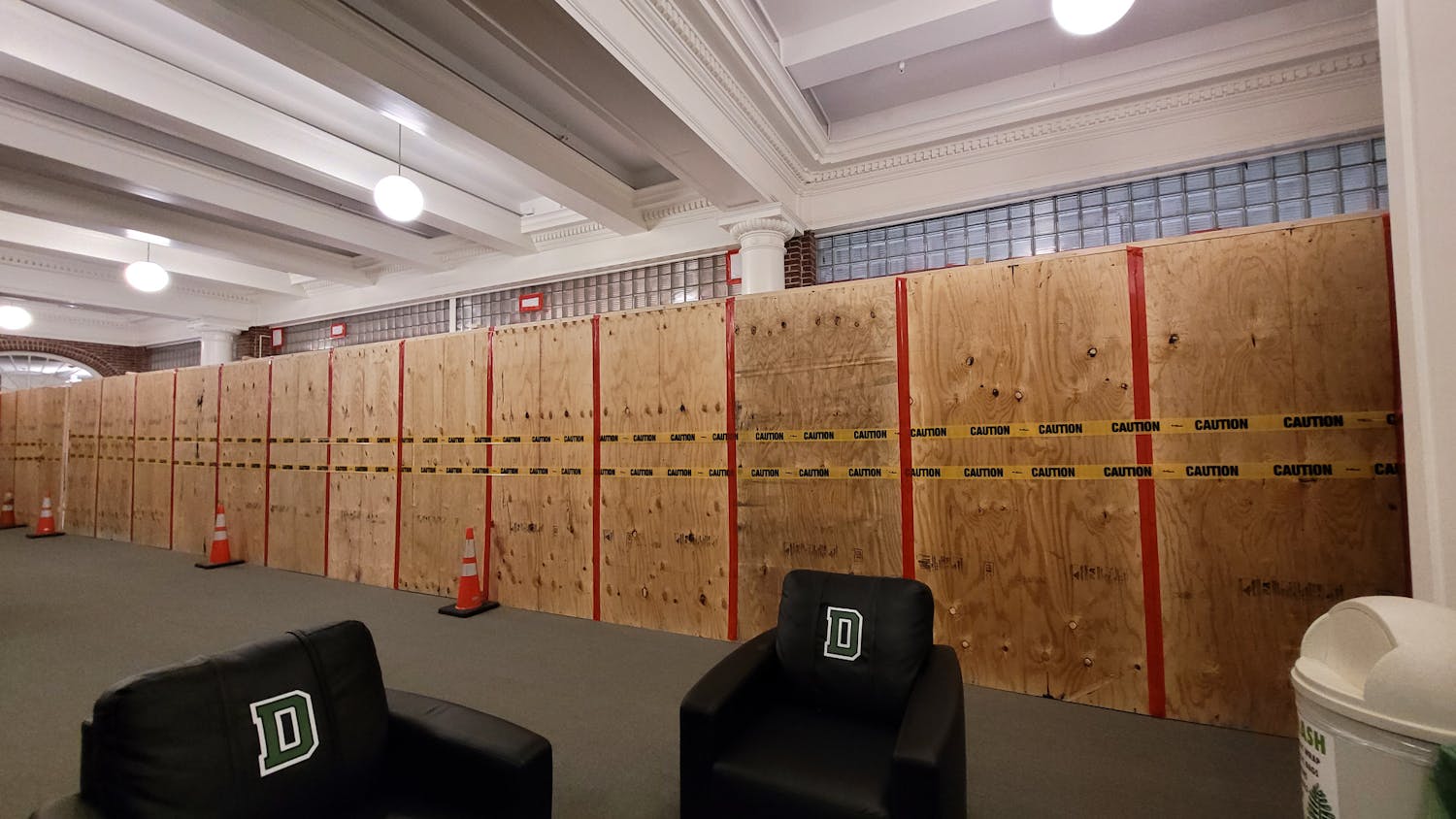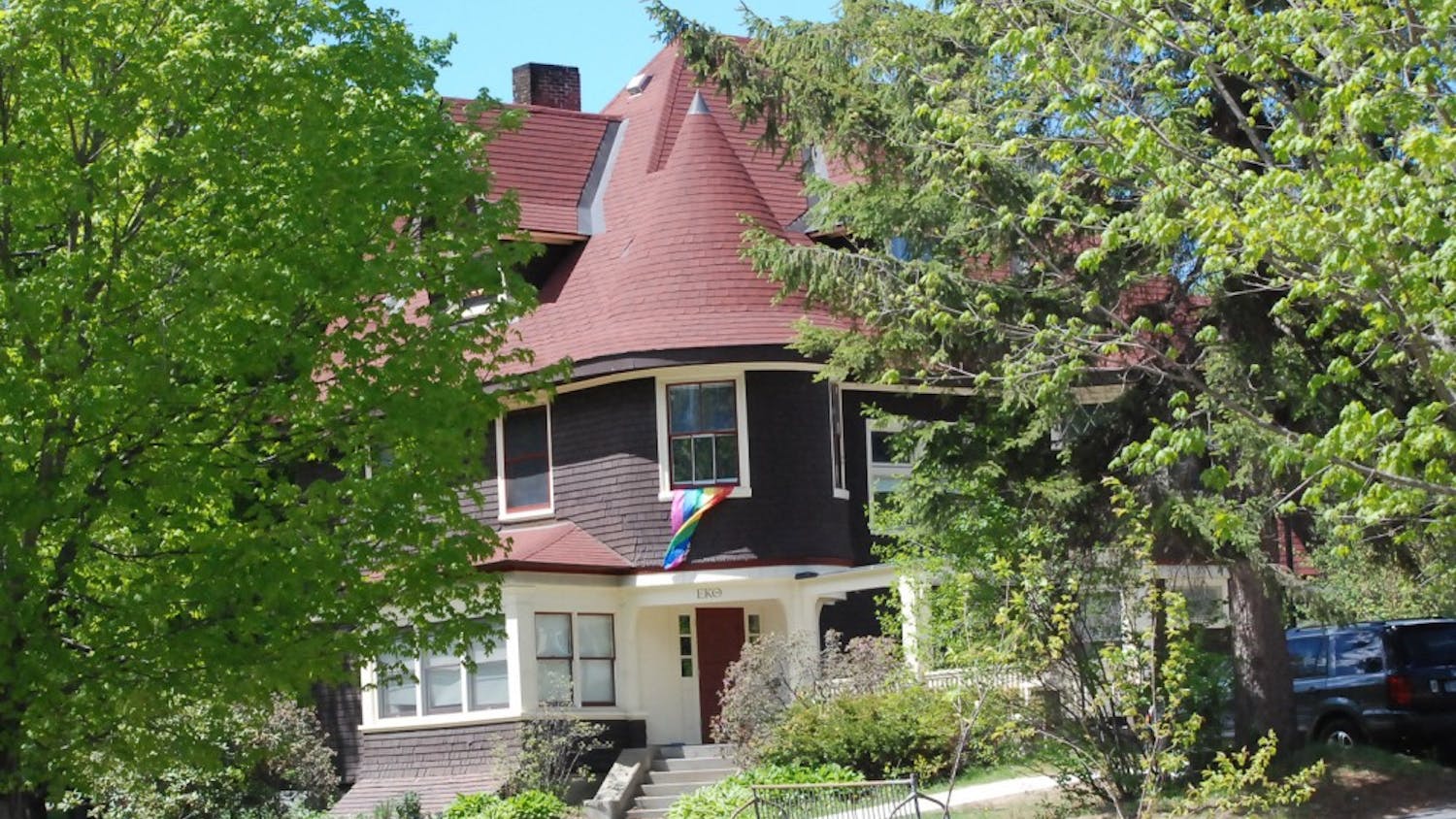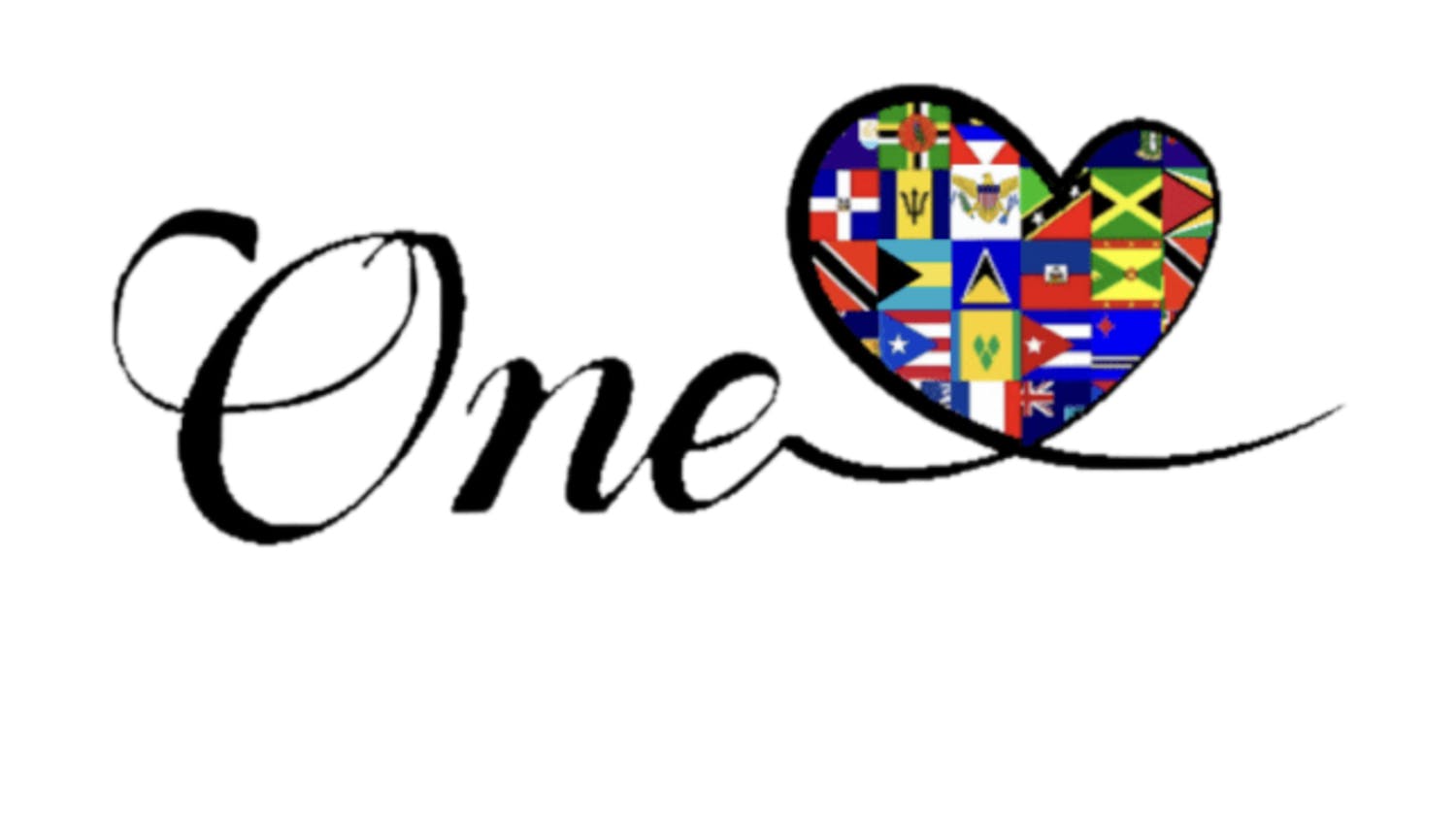Professor Lee Witters teaches both Dartmouth undergraduates and Geisel School of Medicine graduate students, specializing in the natural sciences and relating the sciences to his interests in humanism. Witters founded the College’s undergraduate pre-health advising program — called the Health Professions Program — and the Nathan Smith Society, for which he is the faculty advisor. He also started the Teaching Science Fellows program and works closely with students and faculty to make natural sciences and medicine more accessible for all.
How did you first become interested in medicine and the natural sciences?
LW: Way back in college, I was a chemistry major. As I got toward the end of college, while I was still interested in things molecular and chemical, I wanted that to occur in a human context. I felt that a career as an academic physician and a physician scientist would meld those two interests for me.
How did you come to teach at Dartmouth?
LW: Prior to Dartmouth, I was at Harvard Medical School as a teacher of both endocrinology and internal medicine and at the Massachusetts General Hospital in the diabetes unit, as well as running a research laboratory and having an active clinical practice. To make a long story short, an opportunity came up to come here, which was driven as much by personal reasons as professional ones. I had a young family then and I thought this was a better place for them to grow up than the suburbs of Boston, and given the relative sizes of the institutions, there was an opportunity to make a bigger impact here than I would at Harvard and Mass General. It wasn’t until the 1990s that I was afforded the opportunity to teach undergraduates in the classroom. I took over the leadership of the pre-health advising programs at about the same time and gradually, since the mid-90s, I have expanded my time with undergraduates. Now, I teach three courses every year to undergraduates along with teaching to Geisel students. Along the way, I eventually gave up clinical practice to devote more time to teaching.
Can you describe your work at the College and at Geisel? How do these roles intersect and inform each other?
LW: I’m somewhat of a unique individual in that I’m an M.D., but am heavily involved with undergraduate education. Molecular science can be daunting, but when you frame it in the context of a human life and the impact of molecular science on a human life — both on health and disease — it becomes pretty attractive to pursue for many students. I can stand astride molecular science and clinical science and bring the two together. That’s what I do in all three of my undergraduate courses. They’re not just, “Here are the molecules, go memorize these,” but rather, they’re case studies of individuals and societies that are afflicted with major challenges around health. At the same time, I teach medical students too, to make sure that they’re also grounded in those same things and help them become problem solvers and lifelong learners as well. It’s a really interesting job to have that swath of students in my three courses: Biology 2, “Human Biology” — which is an entry course — a mid-level majors course in endocrinology and a senior seminar. When you add on medical students, there are multiple dimensions to my teaching.
Can you tell me about your research?
LW: I began my research in Boston long ago, and was very interested in the problem of how insulin works, how insulin regulates metabolism, and I was particularly interested in the metabolism of fat. That research went many directions, including the fundamental question of how cells sense their own energy state and adjust that to create the energy that every cell needs to function and how the dysfunction of that energy sensing system plays out in terms of human disease. We were studying this at a very basic level — it was not immediately clinically applicable and I didn’t intend it to be that. I was trying to create some basic knowledge that others could then take on. Happily, I think our 35 years of research really did contribute a significant knowledge base that others have picked up on.
What does your mentorship of undergraduate students look like?
LW: It was in the mid-90s or so and I had become unhappy with the advice that undergraduates were getting in terms of pursuing a health career. I sort of elbowed my way into pre-health advising. I was in my office one afternoon and about six undergraduate students came into my office and said, “We have a favor to ask of you. We need a faculty advisor for the Nathan Smith Society.” I said, “What’s that?” only to find out that it was a pre-health society that dated back to about 1920 or so. I saw this as an opportunity to help that society grow and contribute to the overall support of pre-health students. We built that group of six up to an organization that basically encompasses every pre-health student at Dartmouth — there are over 1,100 students on the email list right now. That spawned the health professions program, which is now formally a part of the society.
I’ve also founded and directed the Teaching Science Fellows program, which is where we hire recent graduates to stay for a gap year at Dartmouth to help teach our introductory science courses, particularly biology and chemistry. I got that running about four years ago out of my concern for those courses being stumbling blocks for a lot of students who were interested in pursuing a health career, and that’s been highly successful.
More recently, I’ve been coalescing a group of students around issues regarding mental health and exploring the origins of mental health issues across campus. We’ve recently established a new Council on Student Organizations organization — called the Dartmouth Mental Health Student Union — devoted to mental health advocacy. Lots of things are going on with that, including the development of supportive apps and the training of students to be peers to whom a student who is distressed could reach out.
How did you first become interested in the “social” and “cultural” aspects of medicine and natural science?
LW: That’s inherently part of a medical education. I was fortunate enough in all the education I had through medical school to have mentors who espoused that same philosophy, that the science in medicine has to be really welded with the humanism in medicine. I certainly think my undergraduate education sensitized that to me a lot, particularly for people who are underserved, who represent different heritages, socioeconomic groups, social persuasions and who sometimes are left out in the homogenization of the teaching of science and medicine and in the delivery of medical care. It’s been pretty high on my radar as an underlying philosophy for virtually everything I do.
The college recently created the “Lee A. Witters Award for Outstanding Teaching and Social Justice.” What did that award mean to you?
LW: That was incredibly touching. I’ve never been one to seek awards or to plan my activities to be rewarded, and the fact that it really came out of students and their appreciation of what I had done for them was very touching. The award was also given to Jim O’Connell who actually was a former student of mine, long ago in Boston, but he represents the epitome of the humanistic physician in terms of what he does in running the Boston Health Care for the Homeless program, so that was an additional highlight.
Do you have any advice for students studying the natural sciences or for those on the pre-health track?
LW: Try to enjoy the journey. It’s sometimes looked at as something that one has to run to get from one side to the other, but eventually you want to put yourself into the position of being a lifelong learner. What you really want to do is develop some life skills that allow you to be a lifelong learner — that allow you to problem solve. One of the big contrasts from when I was in college to now is that all of the facts are right in front of you now, at a finger’s touch, and how do you interpret those? How do you blend together a human life with all of those facts? That comes out of your education here and you don’t often see that. That’s why you need a broad liberal education to be able to integrate all of that broad biomedical science into the ultimate care of a person, or a society, and I think that sometimes people lose that. I also think that it’s extremely important to take advantage of the liberal education that’s offered here. I think too many students put their head down and march through the sciences, forgetting that a career as a physician or another health care professional involves lots of other things in terms of ethics, society, culture, languages, economics and policy. A place like Dartmouth offers so many enriching experiences that one can have. It isn’t all about the chemistry and biology. When I’m advising students, I’m always talking to them about that. I really want you to be a much broader humanist and use what Dartmouth can give you to leave here with a very different attitude about what it is to be a physician.




